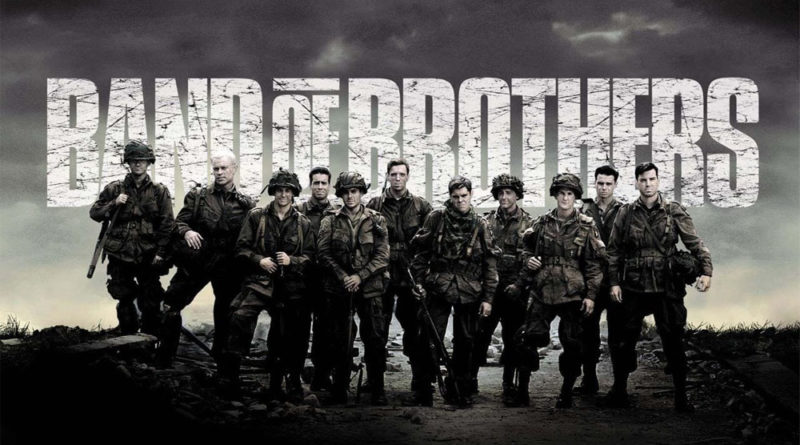Points
Leadership can be difficult. Period. But...it can also be very rewarding as well. Episode 10 is the final episode in the series and follows Major Winters as he remembers some of significant events that he and Easy Co. faced during combat. Many of these memories focus on shared experience with the members of Easy and the relationships that developed as a result of these shared experiences. The speech given by the German General to his soldiers echoes the sentiment that a special bond is created between those that fight together. A similar relationship exists in the Fire Service by those who serve together. Late nights running call after call... strenuous fires... terrible and tragic calls... long hours on IA Strike Teams... these experiences create a bond that is difficult to describe to those outside of our profession.
This type of bond can be described in many ways, but all of those ways are just attempts to describe love. The Greeks had eight different words for love; and no...I am not talking about Eros, which describes romantic love or Philia which describes love for friends. I am speaking specifically about Agape; selfless unconditional love for one another as brothers and sisters that serve together. This brings us to the point:
Effective Leaders Love People
Loving the people that you lead doesn't mean that you love everything they say, or everything they do. Leadership can be messy, complicated, and difficult; just like people can be messy, complicated, and difficult. Sometimes leadership requires justice and holding people accountable. Sometimes leadership requires grace and mercy. This requires leaders to build authentic relationships with their team, remain objective, and show love with their actions as well as their words.
Remember, as leaders we are in the "People Business" and we should strive to prioritize People before Process, and Process before Product. Or...as they say in the U.S. Military, "Mission First, People Always."
Discussion questions to consider...
- Is it important for leaders to show love? Why?
- What are some of the issues that can make it difficult for leaders to show love?
- As a leader, how can you show love through your words and actions?
